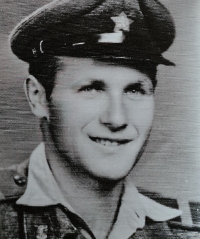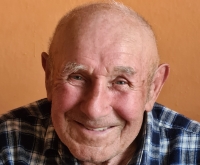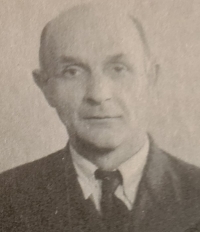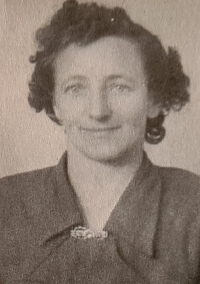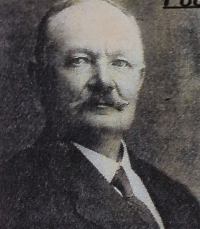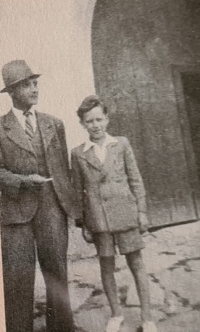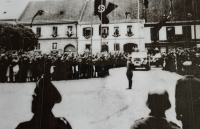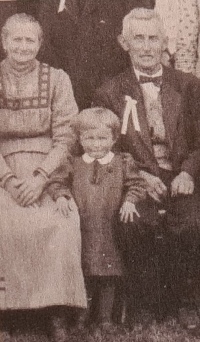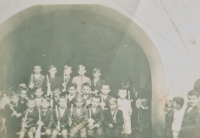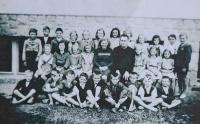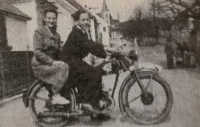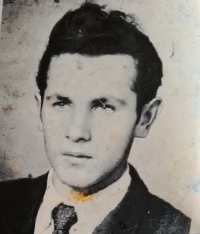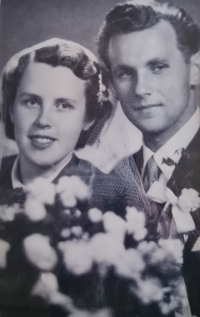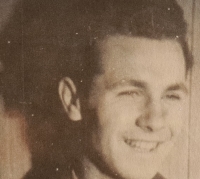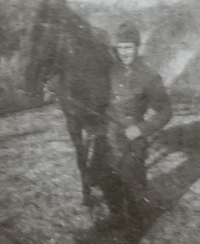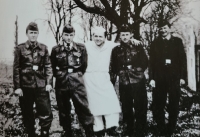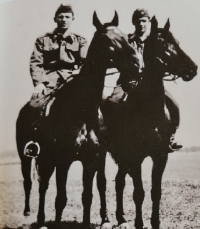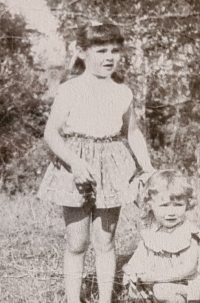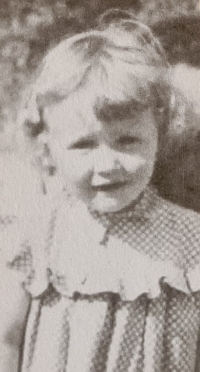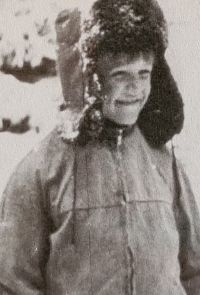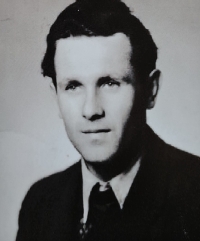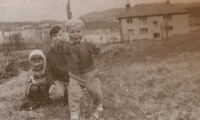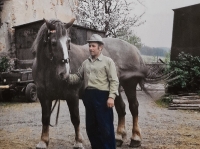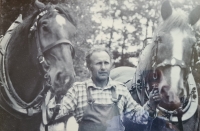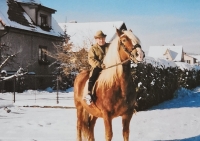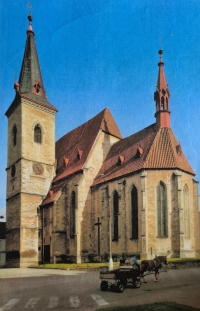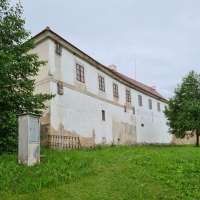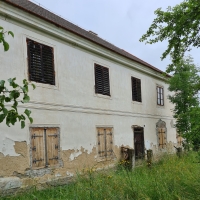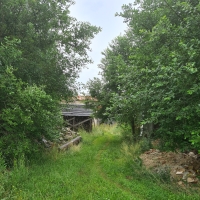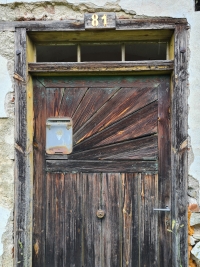I wish nothing like this would ever happen again

Download image
Jan Sýkora was born on May 10, 1935, in Chvalšiny, into a mixed Czech-German family. His mother was German, and his father was Czech. After the Munich Agreement, Chvalšiny became part of the then-German Reich as a predominantly ethnic German municipality. In 1942, Josef Sýkora’s father defaced the Nazi decoration of the village, for which the Gestapo arrested him. He was then interned in the Upper Austrian concentration camp Mauthausen, probably staying in one of the branch camps. After an Allied air raid aimed at the immediate vicinity of the camp, he managed to escape from prison undetected. Subsequently, he walked home to Chvalsiny and from there to his brother in nearby Vadkov, in the territory of the Protectorate. There he hid in a barn until the end of the war. After the war’s end, the vast majority of the inhabitants of Chvalšiny were deported to Germany, and the witnesses’ mother’s relatives had to leave as well. In the post-war period, the witness trained in agricultural mechanisation at the apprenticeship in Hnevkovice. He completed his basic military service with the Border Guards at the border crossing with Austria in Bratislava. Before he enlisted in 1955, he married Maria Táborská, with whom he raised three children. He worked in agriculture all his life. In 2021 he lived in Chvalšiny.
